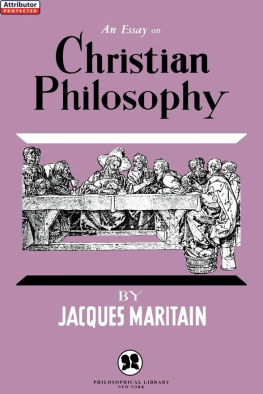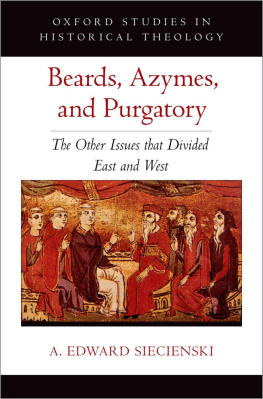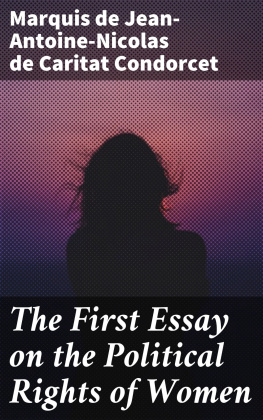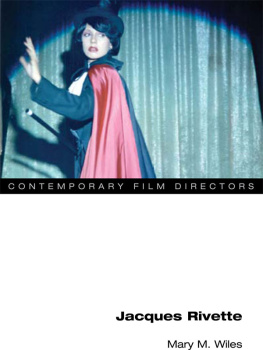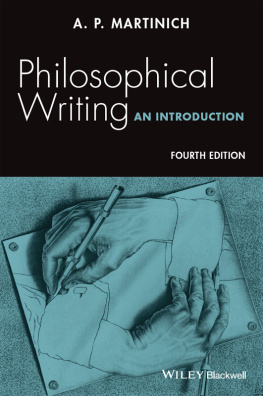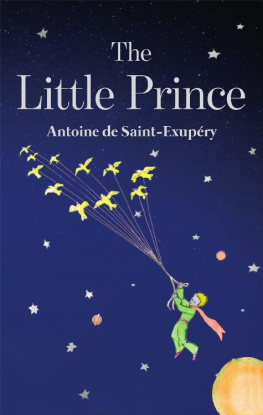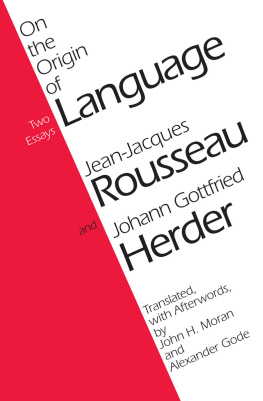PREFACE.
WHATEVER concerns the manners and customs of a people, says Rollin, shews their genius and character; and this is what may be called the soul of history. I am led to think, that a picture of customs, by presenting mankind with objects of comparison at a nearer view, naturally flatters them more, than facts or dates, the multitude or improbability of which fatigues the memory, or shocks the understanding. This is the reason why we prefer the private life of a hero, to the history of his great actions; the one gives us a secret satisfaction in which self-love finds its account: the other produces only astonishment. The hero is too distant from us; we admire him too much to presume to compare with him: tis the man we seek; his heart; his very weaknesses. Tis with still more eagerness we wish to examine his person; this is the cause of our liking better to see the portraits of great men, than to read their history. We would fain touch the hero with our hand, as one may say, we would wish to enter into competition with him.
The knowledge of customs and ancient fashions forms a branch of literature which is not without its enthusiasts; this is the favourite study of antiquaries. Among the histories of these usages of our ancestors, that of the beard holds a distinguished rank; and though at present, from its little importance, it is become an object of ridicule, it has been held in high consideration in different ages and among different people. Never was there any thing like that caused so many troubles and so much ill blood: the cowls of the disciples of St. Francis never occasioned so much noise. The beard, which has been worn and highly respected at some periods, and despised at others, is become the sport of every witling. This mark of manhood, which was held sacred among the Hebrews and primitive Christians, highly condemned by some popes, and particularly countenanced by others, has been successively considered by the Roman church, as an odious heterodoxy, or the symbol of wisdom and Christian humility. Like objects of great worth, the beard never excited petty quarrels; both its enemies and partisans were violent: these anecdotes, so strange in this age, will not only amuse the reader, but discover the character of the people, the spirit of the times, and the narrowness of the human understanding.
. During the pontificates of Clement VII. and Paul III. there were long and warm disputes between the Capuchins and Observantins about cowls, whether they should be square, round, sharp-pointed, oblong, &c. Boverius, the annalist of the Capuchins, wrote a geometrical work, containing eleven demonstrations, in order to fix the real form of the cowl of St. Francis. Wigs, among the clergy, have likewise caused terrible disputes. The Sulpicians alone have withstood this fashion with a laudable resolution. Mr. de Thiers wrote a history of wigs, which, as well as the history of cowls, evinces the narrowness of the human mind, and justly exposes it to ridicule. O curas hominum!
It must appear a strange paradox, perfectly shocking for crazy old beaus, for priests whose beards are always shaved close, in short, for all those that compose the effeminate part of the human species, to hear any one maintain, that a long beard becomes a mans dignity, and that it is beneficial to health and good morals; his ideas must be very different from those of the present age. This however is what I have presumed to do. But whether the design of this work be serious or ironical, it has at least the appearance of novelty; and thats a great deal in this age.
To write an apology for long beards is to recall to mens minds their ancient dignity, and that superiority of their sex which has been lost in Europe ever since the fabulous days of chivalry. This too is not the way to gain the good opinion of the ladies, seeing that its an attempt to diminish their authority; but at the same time it is restoring, in some respects, the sovereign power to the lawful master, and taking it from the usurper: Moliere says:
Du ct de la barbe est la toute puissance.
Power is on the side of the beard.
This is not very polite; but when a man is determined to speak the truth, it is often very difficult to be so.
To prove clearly that our priests are obliged, not only by reason, but by human and divine laws, to wear a long beard, is an idea that appears to me as singular as new; but to employ methodically the most authentic and most sacred authorities, to display erudition at every moment, and to preserve always an air of gravity, in order to support this argument, might draw on me, from my readers, the reproach of having given too much importance to a subject that does not appear worthy of it. I will freely confess I have been led away by my subject, and that I thought it necessary to assume the tone of inquiry, because most of the proofs which I shall bring to my aid, are of a nature not easy to be reconciled to the spirit of irony. But this inquiry is sometimes enlivened by diverting anecdotes little known; and though my chapter Of the Beards of Priests is longer and more loaded with citations than the rest, Im of opinion it will not be thought the least curious.
At the conclusion I have laid aside jesting, and this perhaps may be thought the greatest defect; in composing it I found it impossible not to be serious: the gravity of the subject no doubt had an influence on my ideas, and I will not attempt to say any thing in my own defence.


